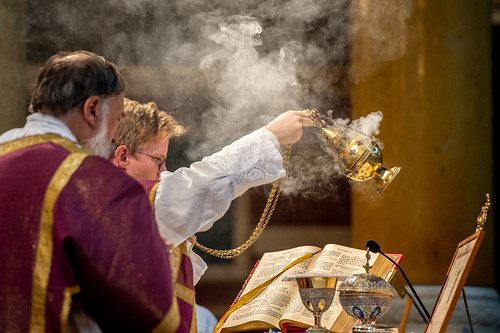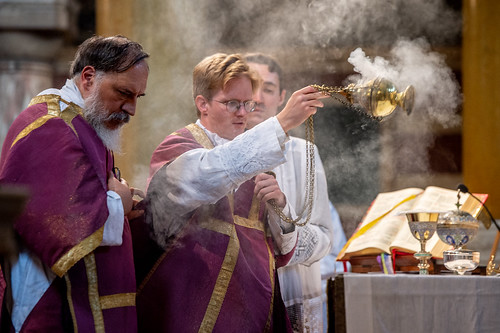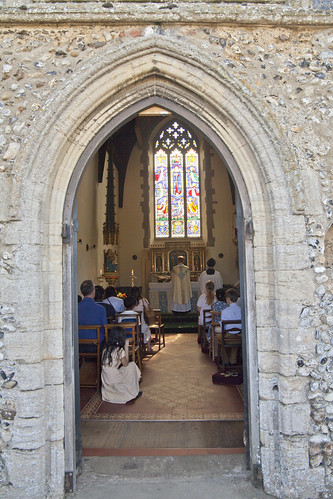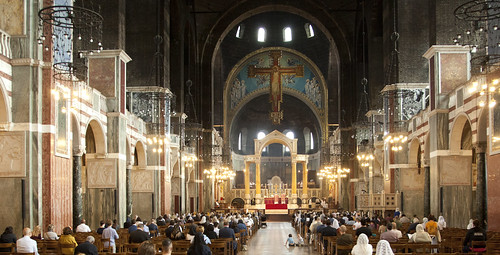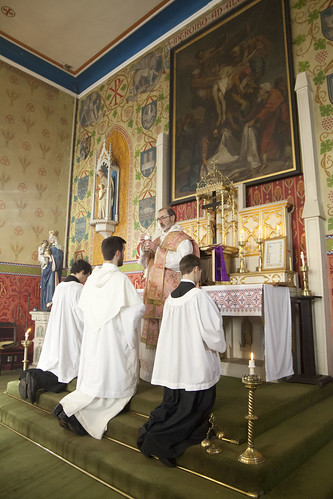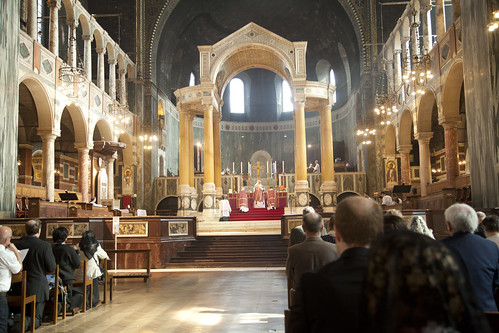 |
| Final blessing at the High Mass in Westminster Cathedral; Mass for the Latin Mass Society's AGM |
Pope Francis has offered two reasons for wishing to bring celebrations of the Traditional Mass to an end: attitudes of some of the faithful which have become associated with this form of the Mass, and the idea that the unity of the Church requires a unity of liturgical rite. Accordingly, some of his defenders have focused on one of these points, and some on the other. Both are having difficulty explaining and justifying Pope Francis’ action.
I recently fisked an article by Michael Sean Winters which laid the blame for Traditionis Custodes (TC) on the people who like it, singling out the journalist Michael Brendan Dougherty. There is much wrong with Winters’ argument, but suppose he was right about Dougherty being a dangerous schismatic, what would be the significance of this? To be crass about it, who cares what some journalist thinks? If he were the head of an organization, clerical or lay, with serious popular support, which was closely associated with the TLM, that might indicate a wider problem, but as it is, it proves nothing at all.
As if realizing that he needed to widen his evidence base, towards the end of his article Winters brings in Martin Mosebach, accusing him of rejecting Vatican II without being able to quote him doing so, and the views of George Weigel, apparently unaware that Weigel has a long and distinguished history of gratuitouslyinsulting Catholics attached to the Traditional Mass. As a representative of the movement, he doesn’t really fit the bill. Nevertheless, that’s the best Winters can come up with.
Another problem with this approach is identified by Terrence Sweeney on the Where Peter Is blog, and in fact is acknowledged even by Winters himself: in Sweeny’s words, “Even if many are acting schismatically, this does not justify a restriction that affects those who attend the Tridentine rite but remain faithful.”
Read it all there.

